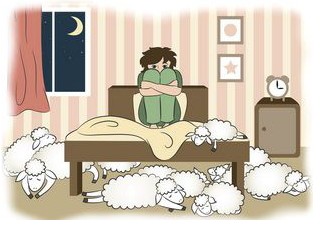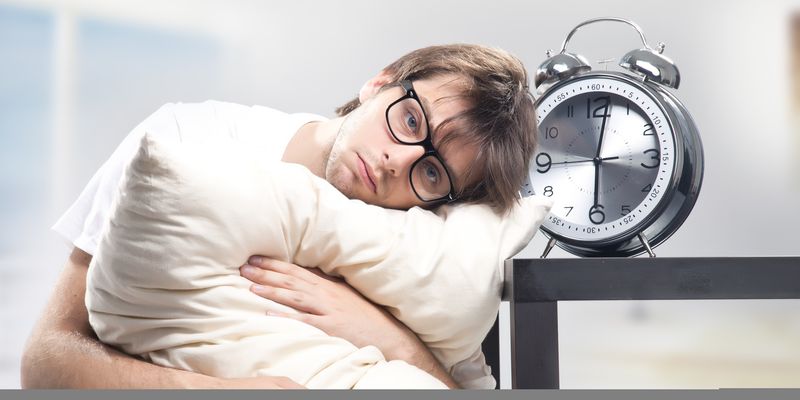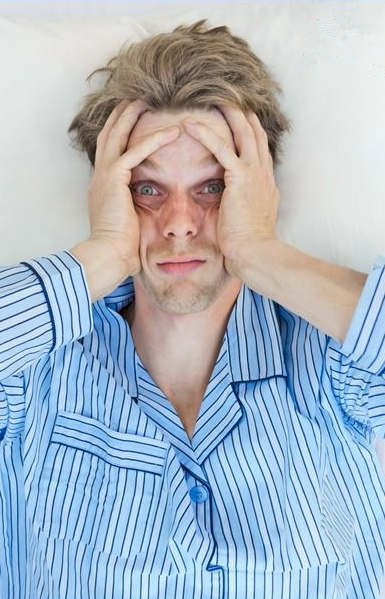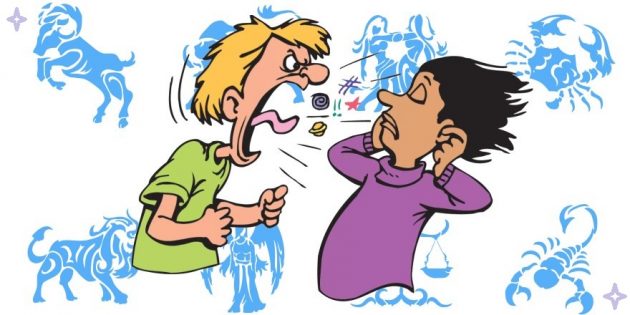Content
What to do if insomnia appears? If every time you have to struggle to fall asleep, no matter how much you want to sleep … If waking in the middle of the night for several hours becomes a habit.
Sleep disorders are a fairly popular neurosis that affects a person’s emotional state, energy, health, and performance. Chronic insomnia is often the cause of serious health problems..
Bad sleep, as a rule, leads to stress and gives rise to disturbing thoughts about the impossibility of sleep. This, in turn, leads to constant tension and a negative habit of falling asleep with sleeping pills or alcohol, and also develops the habit of napping in the daytime in order to catch up on lost sleep time at night. This leads to further aggravation of the insomnia problem..
Insomnia – causes and signs of insomnia
difficulty falling asleep;
early awakening;
the need for alcohol or sleeping pills to sleep soundly;
fatigue, drowsiness during the day, irritability or inability to focus on the work process;
periodic awakenings at night.
Insomnia is a sleep disorder when a person is not able to fully relax. As a result, in the morning he feels tired and irritable. Keep in mind that people need different durations of sleep. The degree of the disease is determined by the quality of sleep, well-being in the morning and the time it takes to fall asleep. You can even sleep at 8 o’clock at night, but if later in the daytime you feel tired and drowsy, then you can already be diagnosed with insomnia.
Sometimes sleep disturbance is temporary (only a couple of days). In such situations, a person also has temporary negative factors – stress or intense unrest before a future event. At other times, insomnia is a persistent phenomenon that needs to be eliminated..
Sometimes the main problem with the appearance of symptoms of sleep disturbance concerns a person’s mental or physical activity..
Psychological factors causing unpleasant symptoms: the periodic onset of depression, post-traumatic stress disorder, anxiety, bipolar disorder, persistent stress.
Medications that negatively affect sleep: medicines for flu or colds, including painkillers, alcohol, caffeine, corticosteroids.
Some diseases: Parkinson’s syndrome, increased thyroid function, renal pathology, reflux (acid), allergic reactions, severe persistent pain, asthma, cancer.
Chronic insomnia
Before proceeding with the treatment of this disease, it is necessary to analyze the possible causes of its occurrence. Negative effects on sleep are factors such as constant anxiety, stress, depression, bad habits and more. After you can determine for yourself why you have insomnia, you can find the most effective treatment.
Are there regular stresses?
Is there a constant depression or just a bad mood?
There is no strength to deal with a chronic sensation of intense excitement or anxiety?
Perhaps you are using medications that can interfere with sound sleep.?
Do you have diseases that affect sleep??
Does the atmosphere in the house contribute to a comfortable and relaxing holiday?
Do you have enough time daily for outdoor walks??
Do you have a stable sleep schedule (do you fall asleep at the same time)?

How to treat insomnia
Before you begin treatment, please note that some of the things you do to defeat the disease can make you feel worse. For example, we are talking about alcoholic beverages or potent sleeping pills – this is not a method of restoring healthy sleep. You should also pay attention to the amount of coffee consumed during the day. It happens that a person just needs to correct his negative habits, get rid of them, as a healthy and sound sleep returns to them.
Instead of bad habits, it is necessary to introduce new ones into your life that will contribute to a sound and healthy sleep:
Make sure your bedroom is cool, quiet and dark. Elevated temperatures, harsh light or the slightest rustle can be serious causes of lack of sleep. Then you can use earplugs, a sleep mask or light-tight curtains, a fan.
Set the right rhythm of wakefulness and sleep – try to fall asleep and wake up at the same time. This also applies to weekends..
In the afternoon, short sleep should be excluded. Load yourself more.
Avoid excitement or stress before bedtime. This includes exercise, conflict or discussion, TV, video games, computer.
Do not use brightly lit gadgets before going to bed.
Try to eliminate or minimize caffeine, alcohol, or nicotine intake..
Sometimes a person becomes so accustomed to certain actions that he completely ceases to attach any significance to them. In other words, he does not even imagine that this action could adversely affect his health..
Perhaps the quality of your sleep is affected by a small cup of your favorite coffee every day. On the other hand, maybe you’re just used to watching TV until late at night and your body has already developed its own sleep and wake schedule. To identify hidden habits, it’s best to keep a diary.
All you have to do is write down all the details about your daily habits. sleep rhythms, symptoms and insomnia. Such details include the time and place of falling asleep, the time of awakening, what you like to drink and eat, and so on..
Relaxation techniques such as meditation, full chest breathing, yoga, and tai chi can help calm your mind and reduce stress. And this is without the side effects of sleep medication!
There are many different dietary and herbal supplements that stimulate sleep. Some of them, such as herbal chamomile and lemon balm teas, are harmless in most cases, while others can have a lot of side effects..












